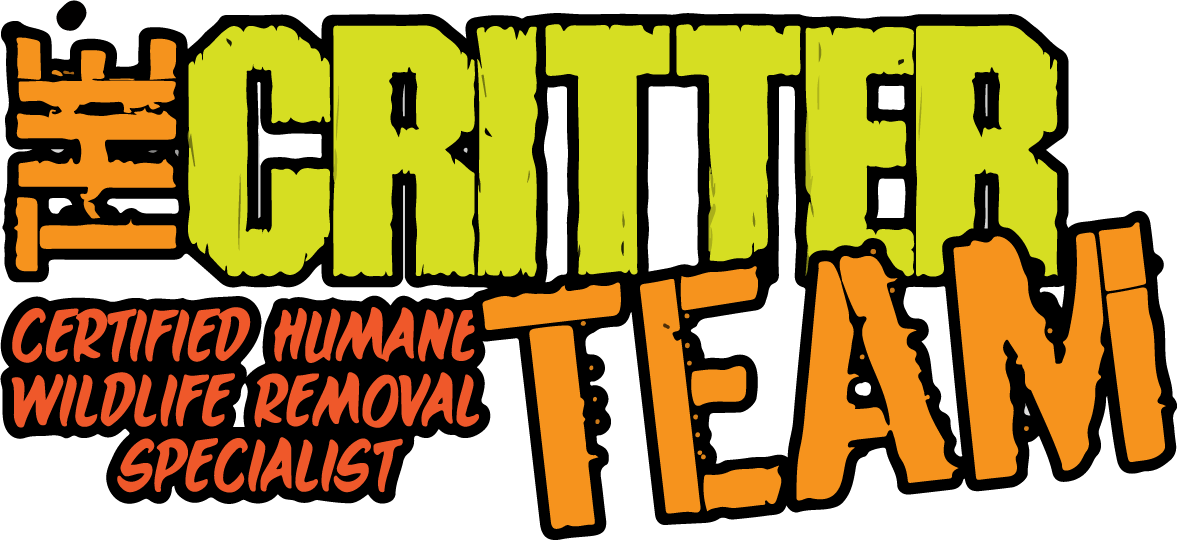Raccoons and roundworm pose a significant threat to Texas residents. These masked bandits may appear harmless and cute, but they carry a dangerous parasite called Baylisascaris procyonis, commonly known as raccoon roundworm. This microscopic worm can infect humans and cause serious health issues, including blindness and neurological damage. The roundworm eggs are shed in raccoon feces, which can contaminate soil, water, and even the air. Texas, with its vast raccoon population, is a hotbed for roundworm transmission. It is crucial for residents to understand the risks associated with raccoons and take necessary precautions to protect themselves and their families.
Raccoons and Roundworm: What Texas Residents Should Know
The Dangers of Raccoon Roundworm
Raccoons are common in Texas, and while they may appear cute and harmless, they can carry a dangerous parasite known as raccoon roundworm. This parasite, also known as Baylisascaris procyonis, is found in the intestines of raccoons and can be transmitted to humans and other animals through contact with raccoon feces.
How Roundworm Spreads
Raccoon roundworm eggs are passed in the feces of infected raccoons. These eggs are extremely resilient and can survive in the environment for years. When the eggs mature, they become infectious and can be ingested by other animals or humans. This can occur through direct contact with contaminated soil, objects, or water sources.
The Health Risks
When humans or animals accidentally ingest roundworm eggs, they can hatch and migrate to various organs in the body, including the liver, lungs, and brain. This migration can cause severe health issues, including organ damage, neurological problems, and even death in rare cases.
Symptoms of Roundworm Infection
Symptoms of raccoon roundworm infection may vary depending on the severity of the infestation and the organs affected. Common symptoms include nausea, fatigue, loss of coordination, muscle weakness, and vision problems. In severe cases, individuals may experience seizures, coma, or even death.
Preventing Roundworm Infections
Preventing raccoon roundworm infections is crucial for the safety of Texas residents. Here are some important measures to consider:
1. Avoid direct contact with raccoons or their feces.
2. Keep garbage cans securely closed to prevent raccoons from rummaging through them.
3. Seal any openings or gaps in your home, including attics, crawlspaces, and chimneys, to prevent raccoon entry.
4. Do not feed raccoons or leave pet food outside, as it may attract them to your property.
5. Teach children to avoid touching or playing with raccoons they may encounter.
6. Always wash your hands thoroughly after gardening or handling soil, especially if you suspect raccoon activity in the area.
Professional Wildlife Control
If you suspect raccoon activity on your property or have concerns about roundworm infection, it is best to seek the assistance of a professional wildlife control operator. These experts have the knowledge, experience, and equipment to safely handle raccoon removal and decontamination.
Conclusion
Raccoon roundworm poses a serious health risk to Texas residents. Understanding how roundworm spreads and taking preventive measures can help protect yourself and your loved ones from this dangerous parasite. Remember, if you suspect raccoon activity or have concerns about roundworm infection, it is always best to consult a professional wildlife control operator for assistance.
Assistance with Wildlife Control and Animal Removal
If you find yourself dealing with unwelcome wildlife on your property, The Critter Team is here to help. Our team of highly trained professionals specializes in providing effective wildlife control and animal removal services. With years of experience in the field, we understand the importance of promptly and safely removing nuisance animals while ensuring the well-being of both humans and wildlife. From raccoons and squirrels to bats and snakes, no job is too big or small for us. We employ humane trapping and removal techniques to relocate these animals to their natural habitats, away from residential areas. Our experts also offer comprehensive exclusion services, sealing off entry points to prevent future intrusions. If you are in need of wildlife control assistance, don’t hesitate to give us a call at (281) 667-0171. Our friendly team is available to provide you with prompt and reliable service.
